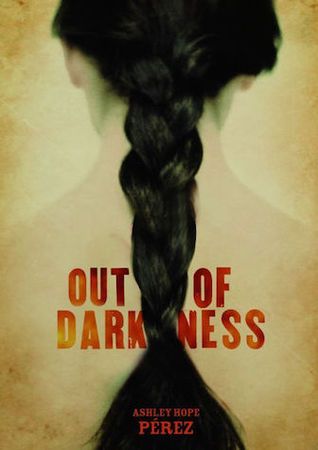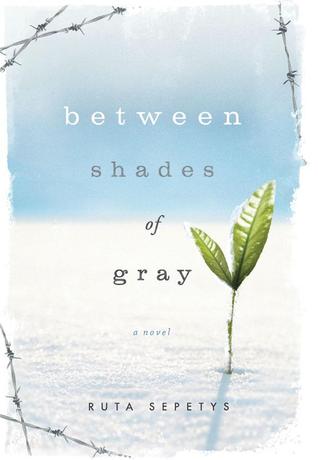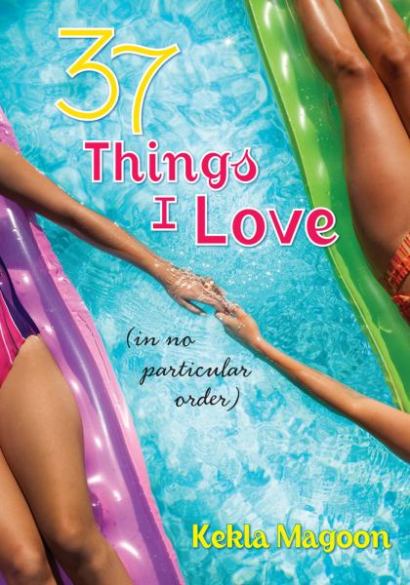Out of Darkness, Ashley Hope Perez’s disturbing, heartbreaking tale set in East Texas in the 1930s, tells the story of Mexican-American Naomi Vargas, her twin half-siblings, Cari and Beto, and Wash Fuller, the young black boy they all fall in love with.
 Naomi and the twins, whose mother died in childbirth, move from the home of their maternal grandparents to live with the twins’ father in New London, Texas. He abandoned the children when they were small to chase jobs in the oil fields. With the encouragement of the pastor in his newly joined parish, he believes only taking responsibility will redeem his soul. Unfortunately, his past sexual abuse of Naomi when she was a young girl prevent her from overcoming her hatred and fear of him. His selfishness and hardness keep him from winning any true affection from the twins, as well.
Naomi and the twins, whose mother died in childbirth, move from the home of their maternal grandparents to live with the twins’ father in New London, Texas. He abandoned the children when they were small to chase jobs in the oil fields. With the encouragement of the pastor in his newly joined parish, he believes only taking responsibility will redeem his soul. Unfortunately, his past sexual abuse of Naomi when she was a young girl prevent her from overcoming her hatred and fear of him. His selfishness and hardness keep him from winning any true affection from the twins, as well.
In her new life, Naomi faces bigotry — she is accepted neither by the white community nor the African American one– but also friendship with church women and neighbors. When she meets and falls in love with Wash, the young black carpenter and handyman whose own story exposes the devastating truth of racism and abuse in Texas history, the story sings with pleasure and the exhilarating hope of young love.
According to the author the story is based on newspaper accounts of life in the area during this painful era and revolves around a true life-event of the worst school disaster in American History. The narrative, though could be the retelling of any one of hundreds of crimes against people of Mexican descent or African Americans. Perez’s novel is a tough read because she never softens the brutality of the racism, revealing it to be so entrenched in the culture as to be “normal” and expected, seemingly by everyone. In addition, the raw violence and unwanted sexual attention of her stepfather toward Naomi is difficult to read. The contrast, however, between his violation and abuse of her and the tenderness and joy she shares with her siblings and Wash prevent the story from sinking into hopelessness. Watching Naomi discover the redeeming expansiveness of young love as she falls in love with Wash makes this novel unforgettable despite its tragic and violent conclusion.]
SSS –Graphic and violent descriptions of abuse and rape.
VVV — Graphic violence and disturbing language used throughout in service to historical accuracy.
A 2016 Miachel L. Prince Honor Book






